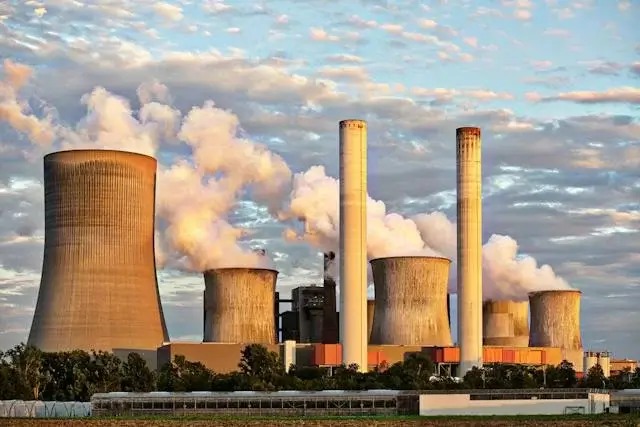
Air Quality and Your Skin
 When thinking about the impact of poor air quality, people often focus on the risks it can cause to the respiratory system without realizing it can also affect the skin.
When thinking about the impact of poor air quality, people often focus on the risks it can cause to the respiratory system without realizing it can also affect the skin.
Anyone is vulnerable to the harmful effects of air pollutants — including you, even if you strictly follow a skincare regimen! But the good news is that there are tips you can do to manage the effects of poor air quality on your skin.
What is Air Pollution?
Air pollution is a culmination of fine particles, including smoke and small matters coming from industrial gasses, smoking, old dust and other harmful chemicals that may come in contact with your skin. Out of all types of pollution, the World Health Organization declared it the biggest environmental risk to humans in 2019.
Even indoors, people are vulnerable to the harmful effects of unhealthy air. High humidity, bacteria, pollen, viruses and dust all contribute to diminished indoor air quality. When these particles enter the household, they can impact your productivity and overall well-being.
Possible Causes of Air Pollution to Skin
As the body’s largest and outermost organ, the skin is our barrier against pollutants that may cause bodily harm. However, when the skin is exposed to harmful particles for extended periods, it can compromise the skin barrier and lead to the development of skin, including:
- Dryness: When air pollution disrupts the skin barrier, it may lead to increased moisture loss.
- Eczema: Also known as atopic dermatitis, eczema can happen because of unhealthy air.
- Sensitivity: Prolonged exposure to oxidative stress can trigger skin sensitivity.
- Accelerated skin aging: Pollution and ultraviolet (UV) light exposure can result in premature skin changes.
- Rosacea: This is a type of skin inflammation that causes a rash and reddened skin.
Ways to Protect Skin From Poor Air Quality
While there’s no easy way to lessen air pollution on your own, there are some things you can do to protect your youthful glow from its harmful effects.
1. Nourish
As your body’s first line of defense, it’s essential to keep it healthy. Air pollutants can decrease the nutrients that help protect it from air pollution. Nourish your skin with products rich in antioxidants, such as vitamin E and vitamin C.
2. Detoxify
Air pollutants can go into your pores, which may lead to acne. To keep the pesky zits at bay, use chemical exfoliants such as AHAs and BHAs. You can also use a detox mask with superfood ingredients and antioxidants for a more glowing complexion.
3. Moisturize
A strong, healthy skin barrier is your biggest ally in mitigating the harmful effects of air pollution. It helps resist pollutants from getting absorbed deep into the skin. Hydrate your skin with a moisturizer that fits your skin type. Ceramides help boost skin’s barrier function, while hyaluronic acid helps lock in moisture.
You can also invest in body sunscreens to protect your skin from the harmful effects of UV.
4. Cleanse
Before heading to bed, always make time to wash your face thoroughly. Use a quality facial wash that helps remove pollutants before damaging your skin.
If wearing makeup, practice double cleansing — use an oil-based cleanser to remove sebum, sunscreen, makeup and pollution before using a water-based cleanser, which helps remove grime and sweat.
5. Control Indoor Humidity
High humidity can cause skin problems, such as clogged pores, resulting in blackheads, whiteheads and acne. It can also trigger respiratory issues like asthma and allergies. Help maintain your home’s humidity levels with a good quality humidifier.
6. Get Proper Sleep and Nutrition
Get proper sleep and fuel your body with healthy food choices every day to keep your immune system strong. These healthy habits are your best defense against the harmful effects of air pollution on the skin and the body.
Protect Your Skin From Air Pollutants
Keeping your skin safe from external aggressors starts with you. Following these tips can go a long way in maintaining your youthful, healthy glow!
Cover photo: Oleksandr P
Interior photo: Pixabay
